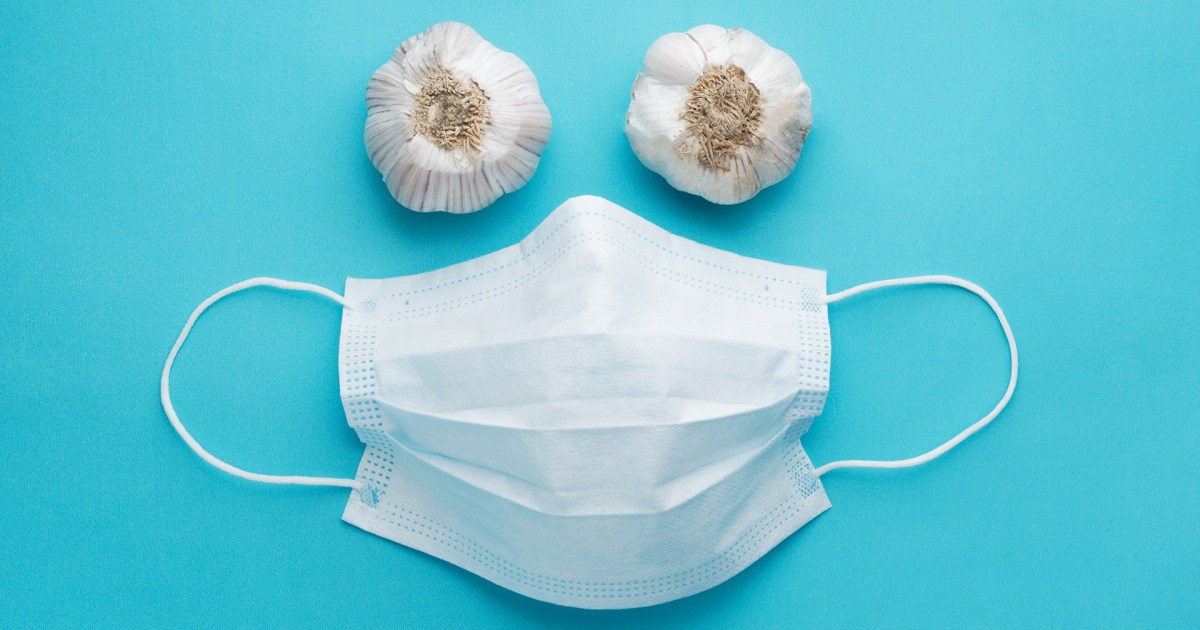A recent study found that the loss of the sense of smell of 4 smells may indicate infection with the emerging corona virus that causes Covid-19 disease, we learn about these smells here, and what the researchers recommended.
The study was conducted by a research team including Janine Macaronides and Jessica Mock, and included 590 participants via an online platform, and answered questions about loss of smell and taste and other symptoms associated with Covid-19, and was published in the journal PLOS Medicine.
The researchers generally found that people who notice a loss in their ability to smell the scents:
garlic, onions, coffee, and perfumes
should isolate themselves and request a coronavirus test.
The researchers said that their study sought to determine the rate of "seroprevalence" of antibodies to the emerging corona virus, in people who reported severe loss of smell and / or taste, and to assess whether loss of smell or loss of sense of taste is an indication of infection with Covid. -19.
The presence of antibodies to the Corona virus means that the person has the disease, and this examination is important;
Because a person may become ill without showing symptoms.
Antibodies
The researchers found that 77.6% of the total 567 participants with loss of smell and / or loss of taste had antibodies to the emerging corona virus, and 39.8% of these had neither cough nor fever.
And recording a positive serological test for the emerging coronavirus was 3 times more likely in participants with a loss of smell compared to those who lost their sense of taste.
The researchers' findings indicate that loss of smell is a "highly specific symptom of Covid-19 disease" (COVID-19 symptom), and should be considered in general guiding the isolation, examination and treatment of the condition.
"Our findings indicate that one of the main public health messages is that people who notice a loss in their ability to smell everyday household scents such as garlic, onion, coffee and perfumes, should self-isolate and request a PCR test," the researchers said.
Polymerase chain reaction (PCR) test
And the "Polymerase chain reaction-PCR" test.
It is one of the most common tests currently used for Corona, and it is the test approved primarily by the World Health Organization.
This examination measures the "polymethral chain reaction" in the human body, and has a long history of detecting several viruses, whether they are related to influenza, acquired human immunodeficiency syndrome (AIDS), or enteroviruses, and viruses associated with the respiratory system, including viruses from Corona platoon.
In this examination, samples of saliva are taken from the throat, or a sample from a lung abscess, and the second step is to determine whether the extracted sample contains the genetic code for "SARS-Covid-2" (the genome of the virus), and before that all the genetic information is isolated. In the sample, to obtain a pure substance that is mixed with the emerging coronavirus itself.
Through a chemical process, it is monitored whether the virus genome is present in the sample taken or not, and if it is discovered, this means that the person is infected with the emerging coronavirus.
But if the genetic code of the virus is not found, this does not mean that a person is not infected, it is very likely that the virus is present in the body and did not reach the sample that was extracted.

